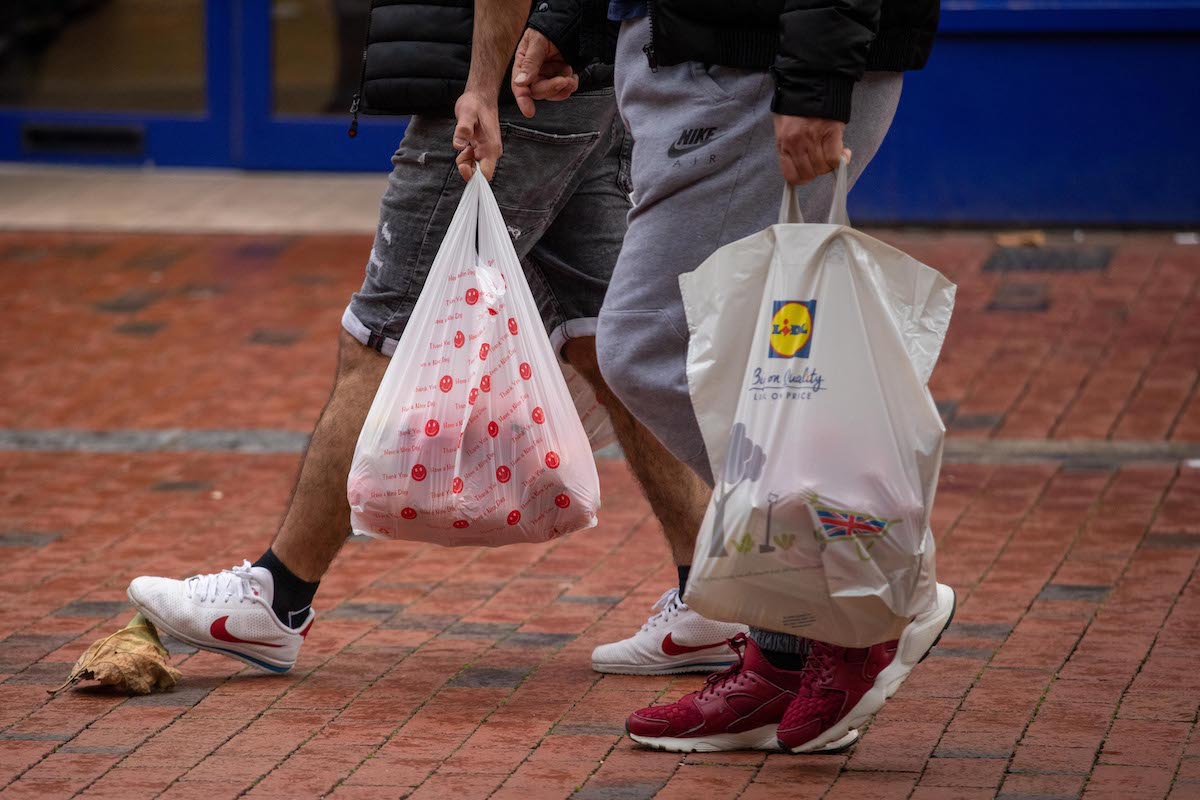Mission mode effort underway for plastic-free Mahakumbh
The goal is to create a pollution-free environment for the devotees by completely banning plastic use.
Additionally, directions have been issued to SPCB/PCCs to modify/revoke Consent to operate issued under Air/Water Act to industries engaged in banned SUP production.

Photo: File photo
The Central Pollution Control Board (CPCB) has undertaken comprehensive measures to give effect to India’s commitment to ban identified Single-Use Plastic (SUP) items by 30 June 2022 to realise the Prime Minister’s clarion call to phase out SUP.
The CPCB’s multi-pronged approach as part of its comprehensive action plan encompasses measures to reduce the supply of raw materials, demand-side measures to reduce plastic demand, enabling measures to promote alternatives to SUP, digital interventions for efficient monitoring and creating awareness and guidance to State Boards for effective implementation of directions.
Advertisement
As per the Plastic Waste Management (PWM) Rules, 2016, there is a complete ban on sachets using plastic material used for storing, packing or selling gutkha, tobacco and pan masala. As per PWM (Amended) Rules, 2021, the manufacture, import, stocking, distribution, sale and use of carrying bags made of virgin or recycled plastic less than seventy- five microns has been banned with effect from 30 September 2021 as opposed to fifty microns recommended earlier under PWM Rules, 2016.
Advertisement
Additionally, the notification of 12 August 2021, prohibits the manufacture, import, stocking, distribution, sale and use of the following identified single-use plastic items, which have low utility and high littering potential with effect from the 1 July 2022:
–earbuds with plastic sticks, plastic sticks for balloons, plastic flags, candy sticks, ice- cream sticks and polystyrene [Thermocol] for decoration;
–plates, cups, glasses, cutlery such as forks, spoons, knives, straws, trays, wrapping or packing films around sweet boxes, invitation cards, cigarette packets, plastic or PVC banners less than 100 microns and stirrers.
To curb the supply of identified items, directions have been issued at the national, state and local levels. For example, all leading petrochemical industries will not supply plastic raw materials to the industries engaged in banned SUP production.
Additionally, directions have been issued to SPCB/PCCs to modify/revoke Consent to operate issued under Air/Water Act to industries engaged in banned SUP production. The Customs authority has been asked to stop the import of banned SUP items. To complete the loop, the local authorities have been directed to issue fresh commercial licenses with the condition that SUP items shall not be sold on their premises and the existing commercial licenses shall be cancelled, if entities are found to be selling banned SUP items.
As an alternative to the existing supply, enabling measures for promoting alternatives to SUP are being actively pursued. The CPCB has already issued one-time certificates to around 200 manufacturers of compostable plastic. These certificates do not require renewal which is in line with ease-of doing business policy of the government.
Advertisement